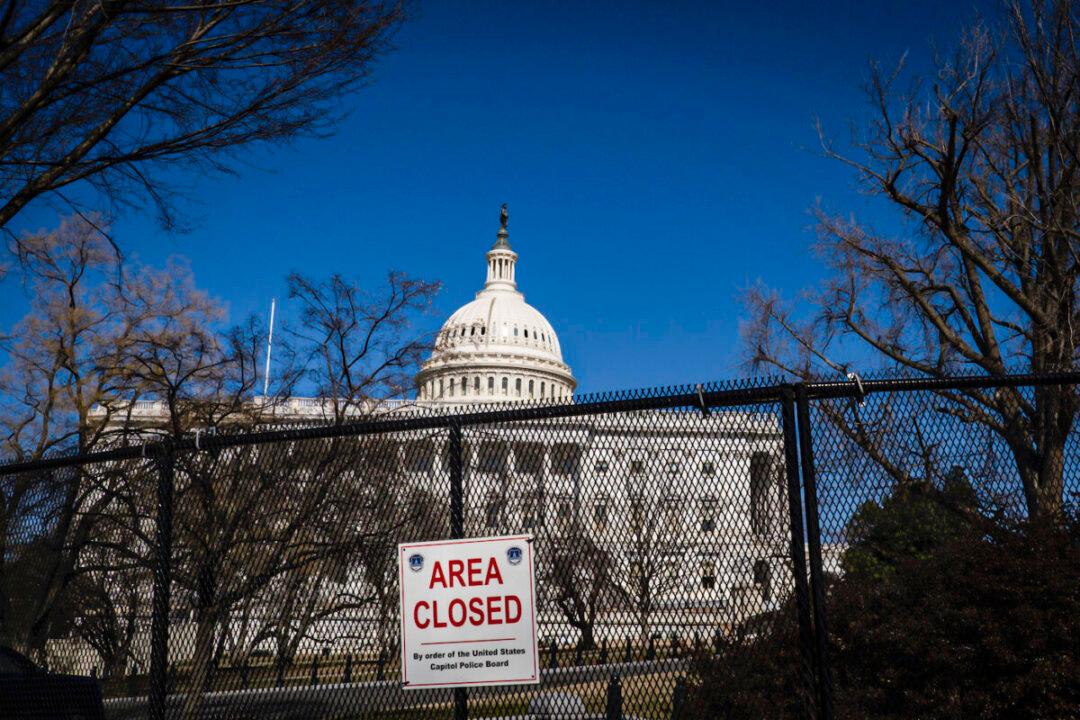President Joe Biden is expected to speak an hour or more while mentioning multiple hot issues during his State of the Union (SOTU) address to the nation Tuesday evening, but the true scope of the national debt likely won’t be among them, according to a government accounting guru.
The Department of the Treasury issued its latest annual Report on the Financial Condition of the United States on Feb. 17 and estimated the national debt to be $29.8 trillion as of Sept. 30, 2021, the last day of the 2021 fiscal year.





